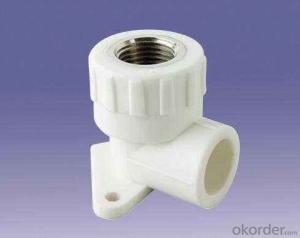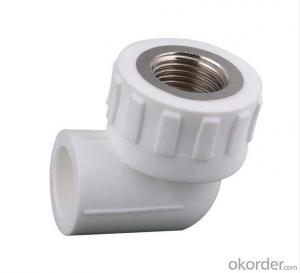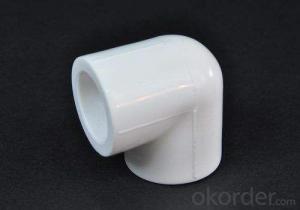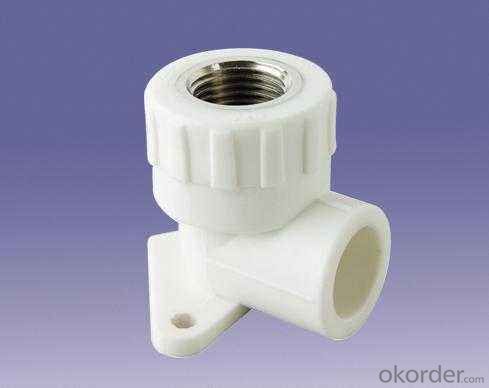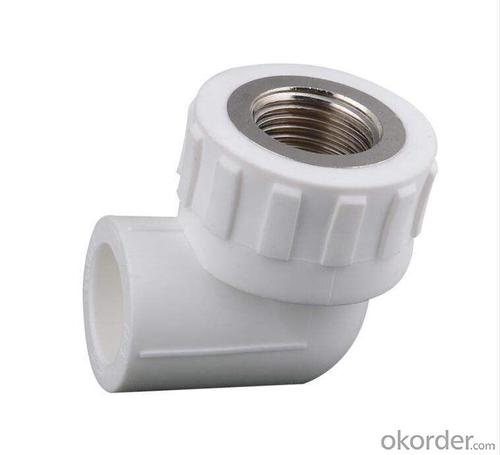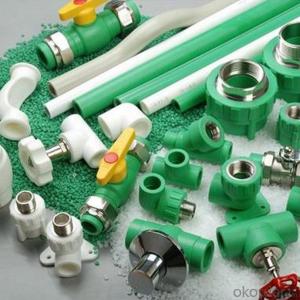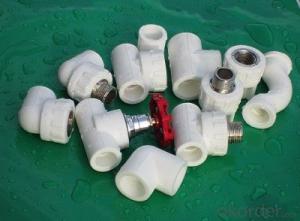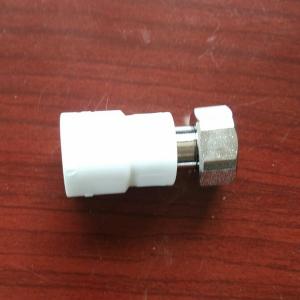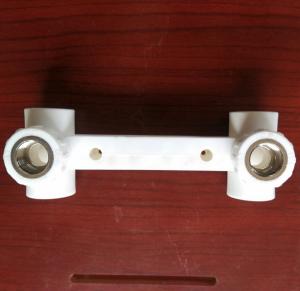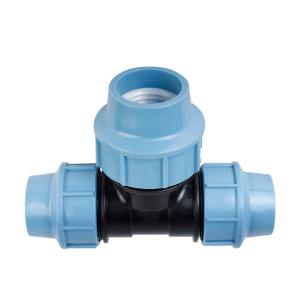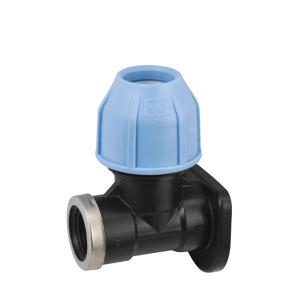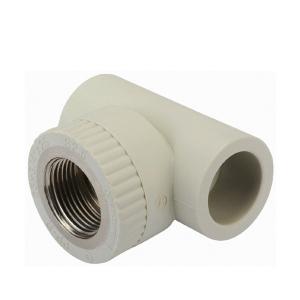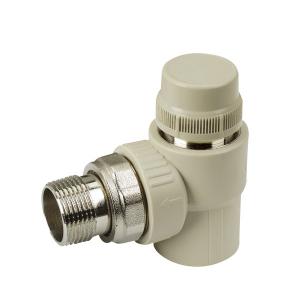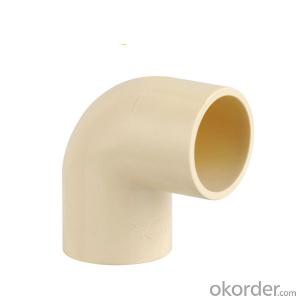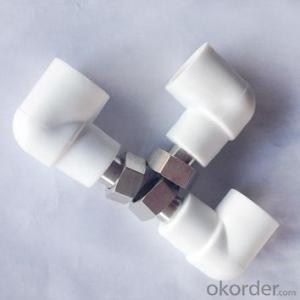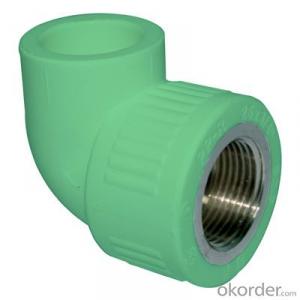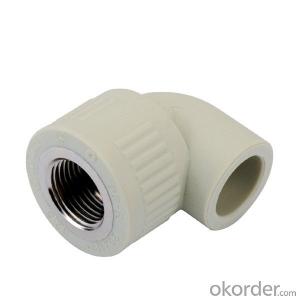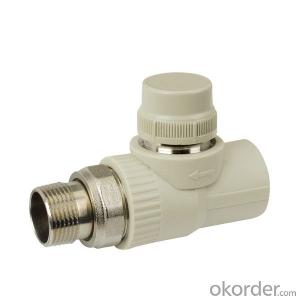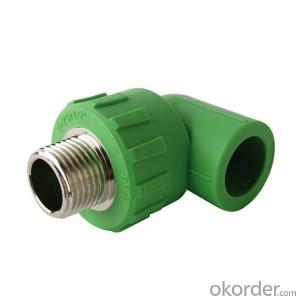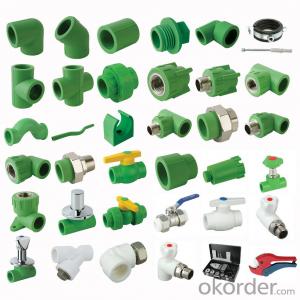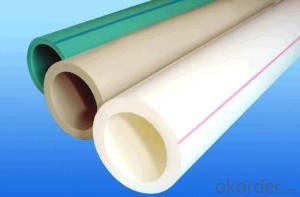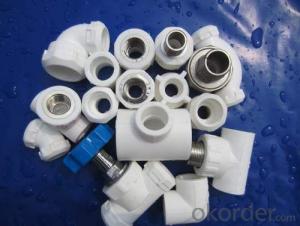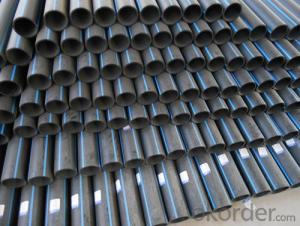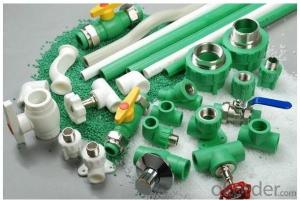1 1 2 PPR Elbow Fittings Used in Irrigation Fields 2024
- Loading Port:
- Tianjin
- Payment Terms:
- TT OR LC
- Min Order Qty:
- 1000 pc
- Supply Capability:
- 100000 pc/month
OKorder Service Pledge
OKorder Financial Service
You Might Also Like
Product Overview
PP-R (polypropylene random) tube called type three polypropylene pipe and is also called the PP-R pipe or PPR pipe, with energy saving, environmental protection, high strength, corrosion resistance, with smooth inner wall has the advantages of scale, construction and easy maintenance, long service life, widely used in building water supply and drainage, urban drainage city gas and power cable sheath, and industrial fluid transportation, agricultural irrigation construction, municipal, industrial and agricultural fields. The PP-R pipe is made of random copolymerized polypropylene and is extruded into tubes to be molded into tubes.
Feature
1) The professional factory of fittings.
2) The important manufacture of fittings in china.
3) High quality and better price.
4) Convenient One touch fittings provide instant tubing connections.
5) Elliptical release ring help to connect the tube easily by manual, no special tools required.
Advantages:
1. Greatly reduced linear expansion coefficient, only 1/4 of that of PPR.
2. 100% oxygen tightness, suitable for heating systerm.
3. Improved resistant to impulse under low temperature, resistant to UV-rays.
4. Easily detected by detector when embedded, owing to the metal layer
Product Description
Pressure | Size(mm) | Pressure | Size(mm) |
PN1.25MPA | 20*2.0 |
PN1.6MPA | 20*2.3 |
25*2.3 | 25*2.8 | ||
32*2.9 | 32*3.6 | ||
40*3.7 | 40*4.5 | ||
50*4.6 | 50*5.6 | ||
63*5.8 | 63*7.1 | ||
75*6.8 | 75*8.4 | ||
90*8.2 | 90*10.1 | ||
110*10.0 | 110*12.3 |
Product Show
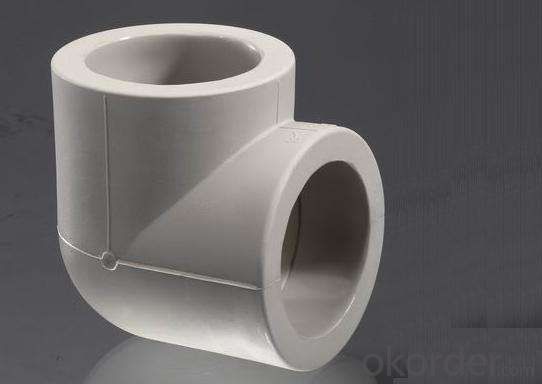
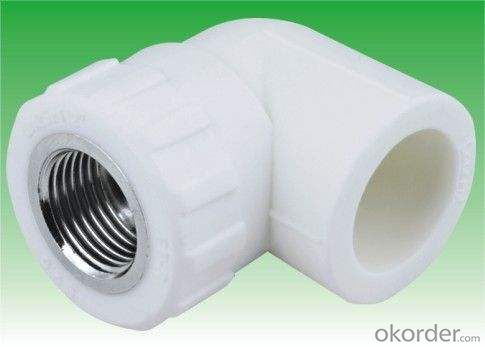
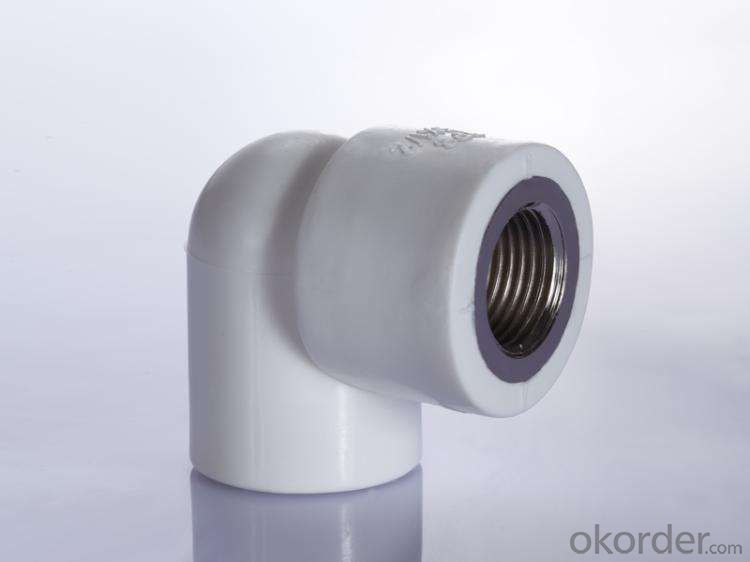
FAQ
1. Can you find a translator for me?
You can tell us which language you speak, we will find the translator for you, and will be together work.
2. If we want to develop some new item, but maybe we just have some ideas, how can you do?
We can make new mold base on your idea, generally, if your quantity is more enough, we can refund the mold cost to you.
3. How Long Is Delivery?
Delivery time will be 30-45 days according to order quantity.
4.What Is Our Normal Payments Terms?
Our normal payment terms: T/T, L/C or western union.
- Q: Are plastic pipe fittings compatible with fusion welding?
- Yes, plastic pipe fittings are compatible with fusion welding. Fusion welding is a technique commonly used to join plastic pipes and fittings together by melting the surfaces and fusing them into a solid joint.
- Q: How do plastic pipe fittings compare to PVC fittings?
- Plastic pipe fittings and PVC fittings are essentially the same thing. PVC, or polyvinyl chloride, is a type of plastic commonly used in pipe fittings due to its durability and chemical resistance. So, there is no significant difference between plastic pipe fittings and PVC fittings as they both refer to the same material.
- Q: Can plastic pipe fittings be used for agricultural irrigation systems?
- Yes, plastic pipe fittings can be used for agricultural irrigation systems. Plastic fittings are commonly used in these systems due to their durability, resistance to corrosion, and affordability. They are also easy to install and have a long lifespan, making them suitable for various irrigation applications in the agricultural sector.
- Q: Are plastic pipe fittings UV resistant?
- Yes, plastic pipe fittings can be UV resistant. Many plastic pipe fittings are manufactured with UV stabilizers or additives that help protect them from the damaging effects of ultraviolet (UV) radiation. These additives enhance the durability and longevity of the fittings when exposed to sunlight or outdoor conditions. However, the level of UV resistance may vary depending on the specific type and quality of the plastic material used in the fittings.
- Q: Can plastic pipe fittings be used for swimming pool filtration systems?
- Yes, plastic pipe fittings can be used for swimming pool filtration systems. Plastic fittings are commonly used in pool filtration systems due to their durability, resistance to chemicals and corrosions, and ease of installation. Additionally, plastic fittings are cost-effective and can be easily replaced if needed.
- Q: How do you connect plastic pipe fittings to galvanized iron pipes?
- To connect plastic pipe fittings to galvanized iron pipes, you can use a transition fitting called a dielectric union. This fitting has a plastic side that connects to the plastic pipe fitting and a galvanized iron side that connects to the galvanized iron pipe. The dielectric union helps prevent corrosion between the two types of materials and provides a secure connection.
- Q: Can plastic pipe fittings be used for wastewater treatment facilities?
- Yes, plastic pipe fittings can be used for wastewater treatment facilities. Plastic pipe fittings are commonly used in wastewater treatment facilities due to their corrosion resistance, durability, and ease of installation. Additionally, plastic fittings are cost-effective and offer excellent chemical resistance, making them suitable for handling various wastewater treatment processes.
- Q: How are plastic pipe fittings manufactured?
- Plastic pipe fittings are typically manufactured through injection molding. This process involves melting plastic resin pellets and injecting the molten material into a mold cavity. Once the plastic cools and solidifies, the mold is opened, and the finished pipe fitting is ejected. Injection molding allows for the mass production of plastic pipe fittings with consistent dimensions and high precision.
- Q: Can plastic pipe fittings be used for geothermal heating and cooling systems?
- Yes, plastic pipe fittings can be used for geothermal heating and cooling systems. Plastic pipes, such as high-density polyethylene (HDPE) or cross-linked polyethylene (PEX), are commonly used in geothermal systems due to their durability, resistance to corrosion, and flexibility. These pipes can effectively handle the high temperatures and pressures associated with geothermal systems, making them a suitable choice for this application. Additionally, plastic pipe fittings are lightweight, easy to install, and often more cost-effective compared to other materials used in geothermal systems.
- Q: Are plastic pipe fittings compatible with different pipe materials?
- No, plastic pipe fittings are usually designed to be compatible with specific pipe materials.
Send your message to us
1 1 2 PPR Elbow Fittings Used in Irrigation Fields 2024
- Loading Port:
- Tianjin
- Payment Terms:
- TT OR LC
- Min Order Qty:
- 1000 pc
- Supply Capability:
- 100000 pc/month
OKorder Service Pledge
OKorder Financial Service
Similar products
Hot products
Hot Searches
